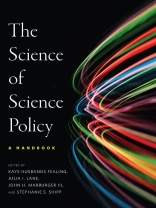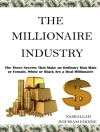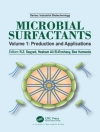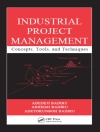Basic scientific research and technological development have had an enormous impact on innovation, economic growth, and social well-being. Yet science policy debates have long been dominated by advocates for particular scientific fields or missions. In the absence of a deeper understanding of the changing framework in which innovation occurs, policymakers cannot predict how best to make and manage investments to exploit our most promising and important opportunities.
Since 2005, a science of science policy has developed rapidly in response to policymakers’ increased demands for better tools and the social sciences’ capacity to provide them. The Science of Science Policy: A Handbook brings together some of the best and brightest minds working in science policy to explore the foundations of an evidence-based platform for the field.
The contributions in this book provide an overview of the current state of the science of science policy from three angles: theoretical, empirical, and policy in practice. They offer perspectives from the broader social science, behavioral science, and policy communities on the fascinating challenges and prospects in this evolving arena. Drawing on domestic and international experiences, the text delivers insights about the critical questions that create a demand for a science of science policy.
Over de auteur
Kaye Husbands Fealing is Professor at the Hubert H. Humphrey Institute of Public Affairs, University of Minnesota. She was the founding National Science Foundation Program Director of the Science of Science and Innovation Policy. Julia Lane is the Program Director of Science of Science & Innovation Policy at the National Science Foundation. She is a former Professor of Economics at the American University, an American Statistical Association Fellow, and a Research Associate of IZA, the Institute for the Study of Labor. John H. Marburger III is Professor at State University of New York, Stony Brook. He is a former Presidential Science Advisor and Director of the Office of Science and Technology Policy. Stephanie Shipp is a Senior Research Analyst at the Science and Technology Policy Institute. She is a former Director of the Economic Assessment Office in the Advanced Technology Program at the National Institute of Standards and Technology.












